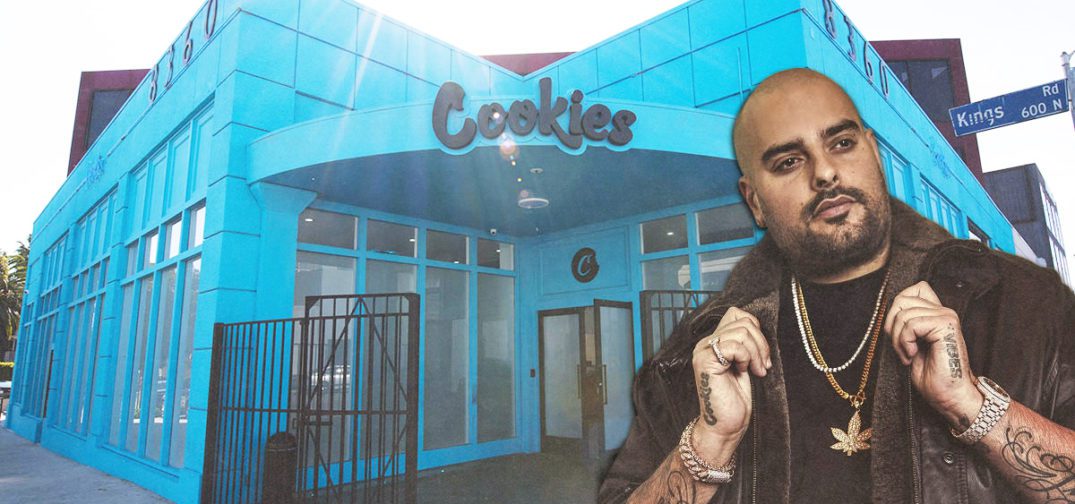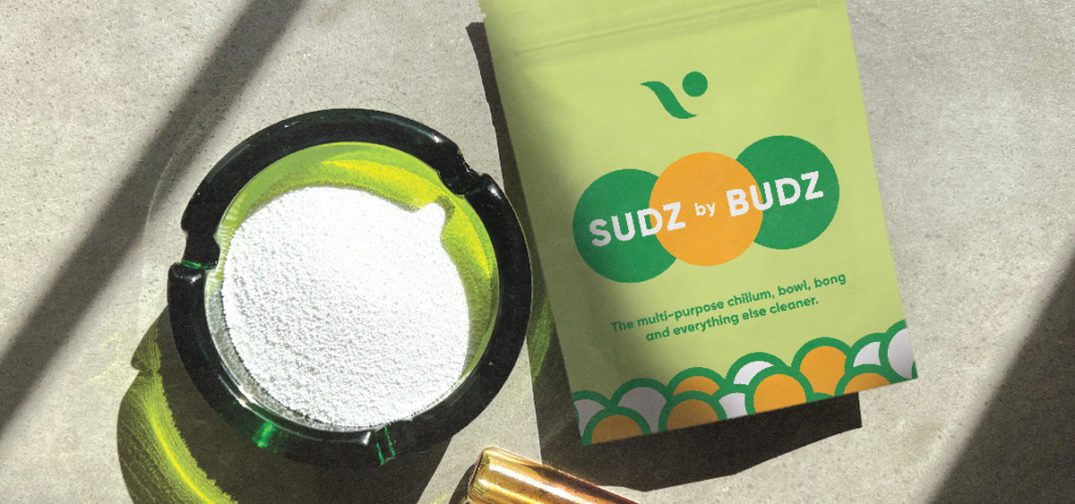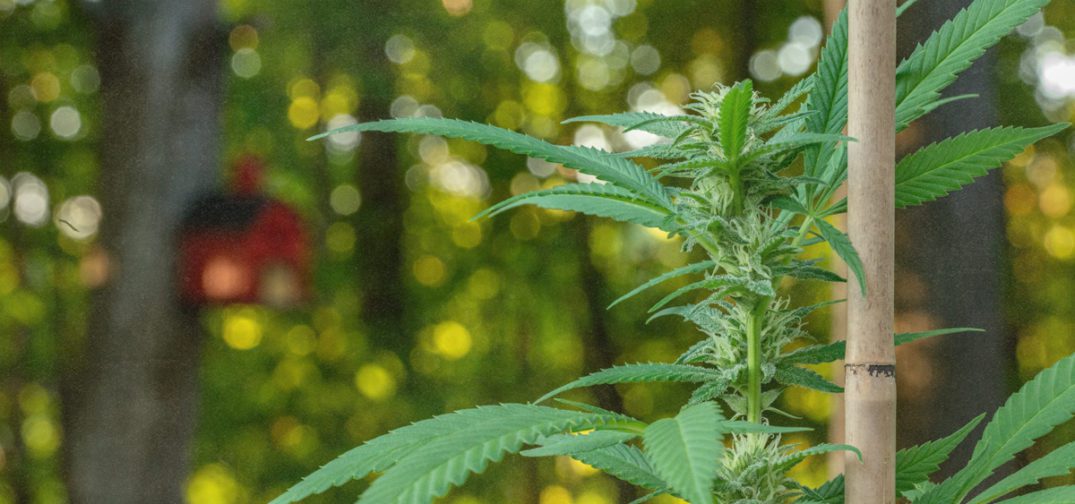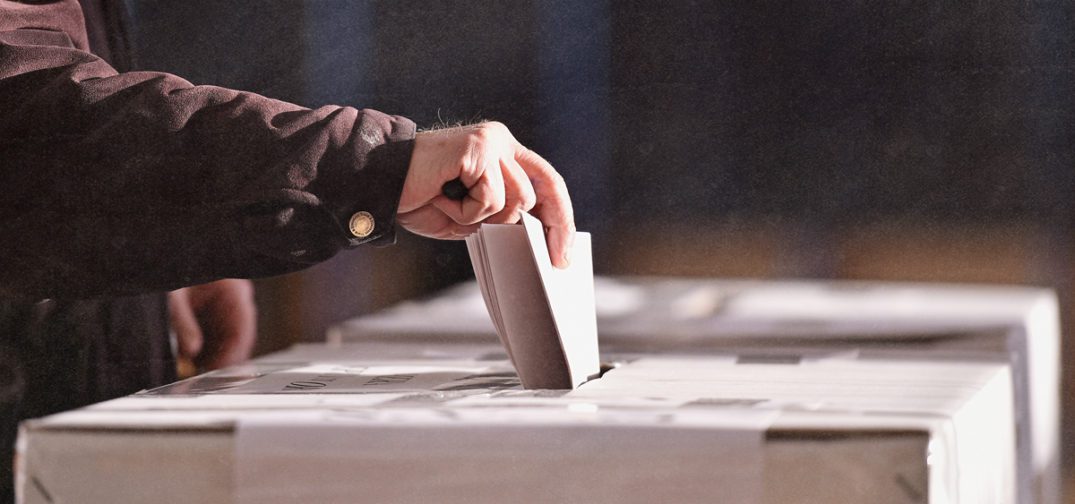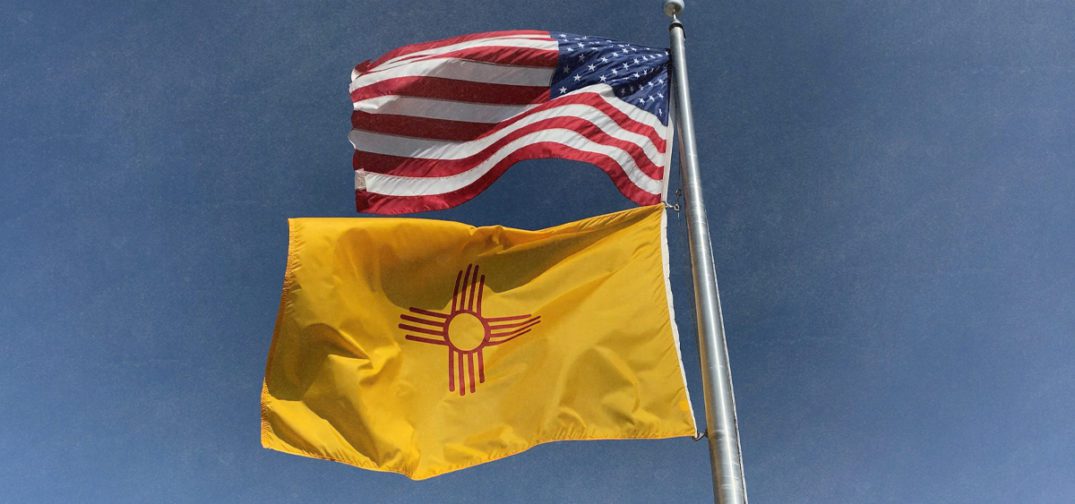Cannabis CEOs, founders, and entrepreneurs are often tasked with taking on many jobs and learning as they go. This can lead to spending valuable resources — like their own time — learning new skills and making mistakes a professional would have skipped. One way to lift this burden is to hire a virtual assistant for operational tasks, which opens their schedules to focus on the larger picture of the business.
We spoke with TaJanna Mallory, CEO of CannaAssistants, about her mission to support cannabis companies and founders and how that original goal has grown over time. This interview covers the benefits of bringing on a virtual assistant (VA), the process of matching a VA with a job, the community that Mallory is building for freelancers and VAs, and her recent appointment as the Florida State Director of Minorities for Medical Marijuana (M4MM).
Scroll down for the full interview:
Ganjapreneur: What is CannAssistants?
TaJanna Mallory: Well, if you’re my friend, I’d say that we’re a group of the most elite superheroes that get stuff done! Since this is an interview, I will say that CannAssistants is a network of virtual assistants that provide administrative support and project management to cannabis industry entrepreneurs and professionals.
What kind of cannabis business could benefit from bringing on a virtual assistant (VA)?
Any business, really. We have served a variety of clients from non-profits to cultivators to cannabis consultants. Our network consists of VAs specializing in general administrative, social media, project management and the list goes on. Any business that needs to bring some organization and efficiency to the team can benefit from a VA.
How does having a VA increase efficiency?
Ok, now we’re really getting into it! Imagine you’re a cultivator or a wholesaler or dispensary owner and you know your work very well. It’s the reason you started a business and have been successful. Yet, there is all of this administrative work surrounding your business that you have to do to maintain things like compliance, marketing, cash flow, business development. Those things may not be fun for you. They’re not inspiring, they don’t excite you, they are not the reason you went into business and you may not even be good at it. You’re spinning your wheels trying to get it done, taking the time and attention off the whole reason you’re in business in the first place. Delegating administrative work frees you up to do the work that only you can do. That’s where you will be most efficient. That’s where you’ll thrive. Delegate the rest.
What is the process of pairing a client with an assistant/team?
This process is always so fun! When a potential client reaches out to us, we conduct a Discovery Call. During that time, we understand what the client needs for support. It’s fun to unravel the problems that they have and offer solutions right on the spot that appear to be low hanging fruit to me and a relief to the entrepreneur on the other line. Following the call, I go back to the team to find an assistant that is a good fit based on skills, bandwidth, personality match and business owner’s niche. Then, we schedule a kickoff call between the business owner and the assistant, and they begin working together.
How do/would you manage a case where a client and VA don’t end up working well together, or have a conflict?
Oh that’s easy! Just kidding — honestly, from the depths of my soul, I want each match to be perfect the first time around. Sounds like the desires of a perfectionist, right? I’ve been around for a while so I know it’s not always going to go right the first time. There are a few things that we do to get ahead of it before it even happens. First, we ask all new clients to commit to 90 days. This allows true time to build a good workflow between the client and the assistant. Second, I let new clients and assistants know upfront that there’s already a plan in place in case they find the relationship is not a good fit for either party. Third, we have check-ins with both the client and the assistant so that we can learn as early as possible if there is feedback for either party to improve the relationship. If there is no improvement, we will provide another option. In the few times this has happened, the insight of the previous assistant allows us to make an even better match and it works out in the end.
How are you restructuring your original vision, and why did you choose to make these changes?
Well, I didn’t really decide to make changes. Each iteration of how we do business has been a beautiful evolution that naturally happens based on the evolution of the cannabis industry. I try my hardest to stay ahead of the curve to keep up with the needs of both Virtual Assistants and business owners. Originally, I was a Virtual Assistant freelancing alone and as business grew, “I” evolved into “we” and we became an agency of VAs with a variety of skills to support clients. More recently, there has been an influx of Virtual Assistants as well as a growing number of people interested in cannabis ancillary business ownership. As I noticed so many people moving into the space, I realized that these VAs want to serve clients, but they also need to be served. The restructure is moving from an agency model primarily focused on serving clients to more of a cooperative community focused on serving Virtual Assistants as they serve clients. We will offer training that builds cannabis industry knowledge, hard and soft administrative skills, knowledge of ancillary business ownership, and relationships with other VAs.
Why did you choose to build a community for freelancers and virtual assistants?
It’s so needed for so many reasons. As I mentioned before, I try to evolve with the needs of the marketplace. The first reason is that I noticed the huge influx of people becoming Virtual Assistants when the pandemic hit. A growing number of them were attracted to the niche cannabis space. I wanted to create a virtual space in which iron could sharpen iron and we can all get better together.
The second reason is there is a misconception that to be an entrepreneur in the cannabis industry, you must have some type of plant touching business. The goal of the community is to also help others start and grow a service-based business that serves our industry. Oftentimes, you can do so even if legalization has not happened in your state.
The third reason being to fulfill the need for virtual freelancers to have a sense of comradery and collaboration. When you’re a solo entrepreneur, you have an incredible amount of autonomy. The problem is that you can also feel isolated. Building a community allows for people to build business relationships for those moments when they get stuck, need to bounce ideas off of someone, exchange referrals for work or something as simple as having water cooler talk.
You mentioned cannabis is niche, do you think that cannabis clients have niche needs from a virtual assistant? What special skills help a VA transition from other industries into cannabis?
The hugest – yes, hugest – two skills that are needed is adaptability and organization. Any Virtual Assistant looking to get into cannabis must be highly adaptable to the pace of work and the variety of changes. It is not a consistent industry. It is not a stable industry in its current state. What’s permissible or even legal today may not be tomorrow. The people that you interact with will come from all walks of life. There was a day that I attended a meeting with state politicians in the morning and an NBA player in the afternoon while working with a client that went from legacy to legal. In addition, many cannabis professionals have their hands in multiple projects and organizations, corporate and non-profit. As their assistant, you have to stay ahead on the support needed to keep these projects organized. No two days are alike, and you have to keep up.
What kind of educational programs are you planning to provide? What is the curriculum structure?
We will provide webinars and training at varying levels. From topics like how to run a business as a freelancer, to the basics of understanding the language of cannabis businesses to building professional skills. All courses will be interactive and exclusive to members. In addition, we’re putting together some “how to” e-books which will be available to non-members and members alike.
When can freelancers and virtual assistants sign up for the community?
We’re opening signups this fall! We will have some webinars and training leading up to the launch date so those interested should be sure to sign up for our newsletter.
When did you become the Florida State Director of Minorities for Medical Marijuana? What does this position entail?
I became the Florida State Director this past May. I’m so incredibly grateful for the opportunity to continue the work started here. Roz, Erik and DJ (former Florida State Director) have and continue to do impactful work that moves our industry forward and tackles the challenges specific to Florida. They have placed the responsibility in my hands to expand on what they have done. In this role, I will be responsible for bringing the cannabis enthusiasts and activists of our diverse state together, continuing the M4MM programming that serves our communities and collaborating with government officials as they make laws that impact us as patients and business owners in this space.
Do you have goals you’d like to achieve during your tenure at the Florida chapter of M4MM?
The loftiest of goals! The easiest being to create a more unified state. Look at any satirical map of Florida and you will find that the state is so diverse. Culturally, South Florida is so different from North Florida and Central Florida is different from both. If we can get the cannabis conversations, politics, education and business community on the same page, it can be the vehicle to getting this state to adult-use in a more equitable way (the other two goals that I have).
Thank you, TaJanna, for answering all of our questions! Click here to learn more about CannAssistants or get in touch.



